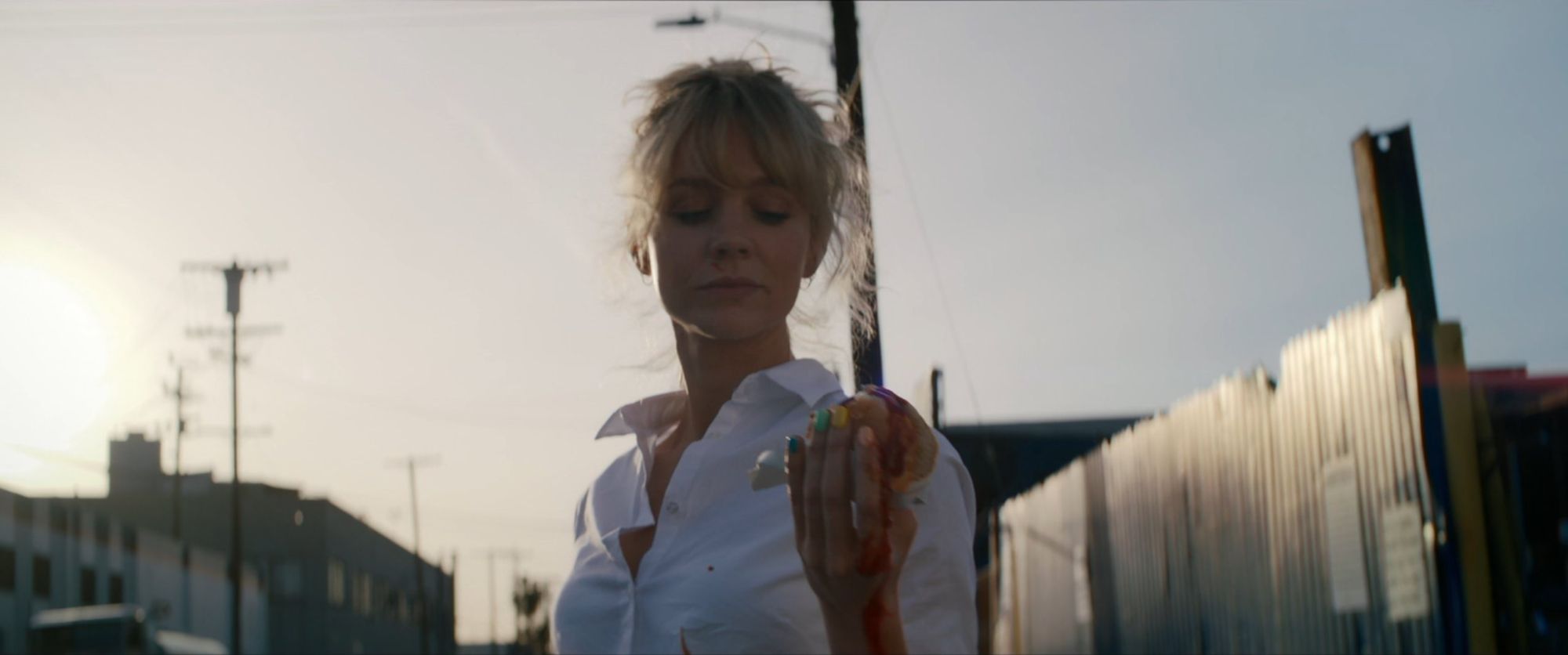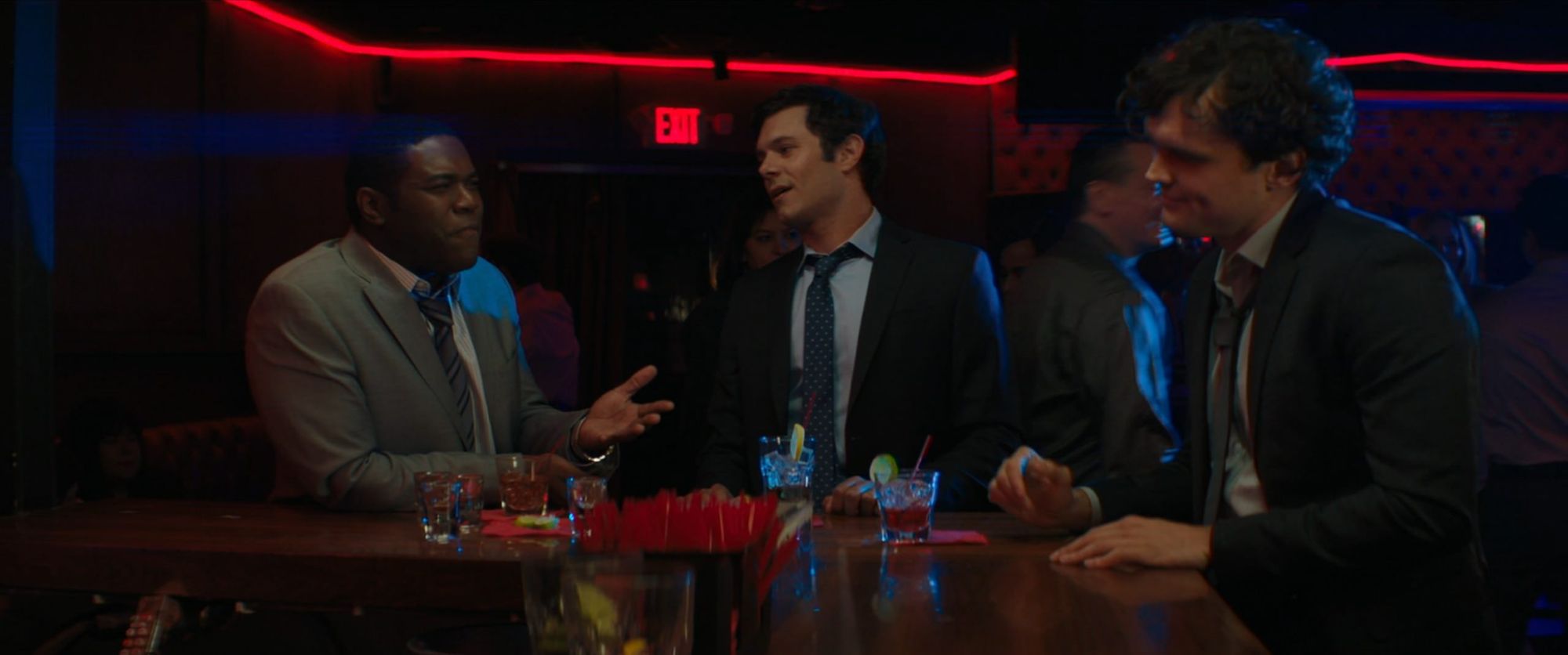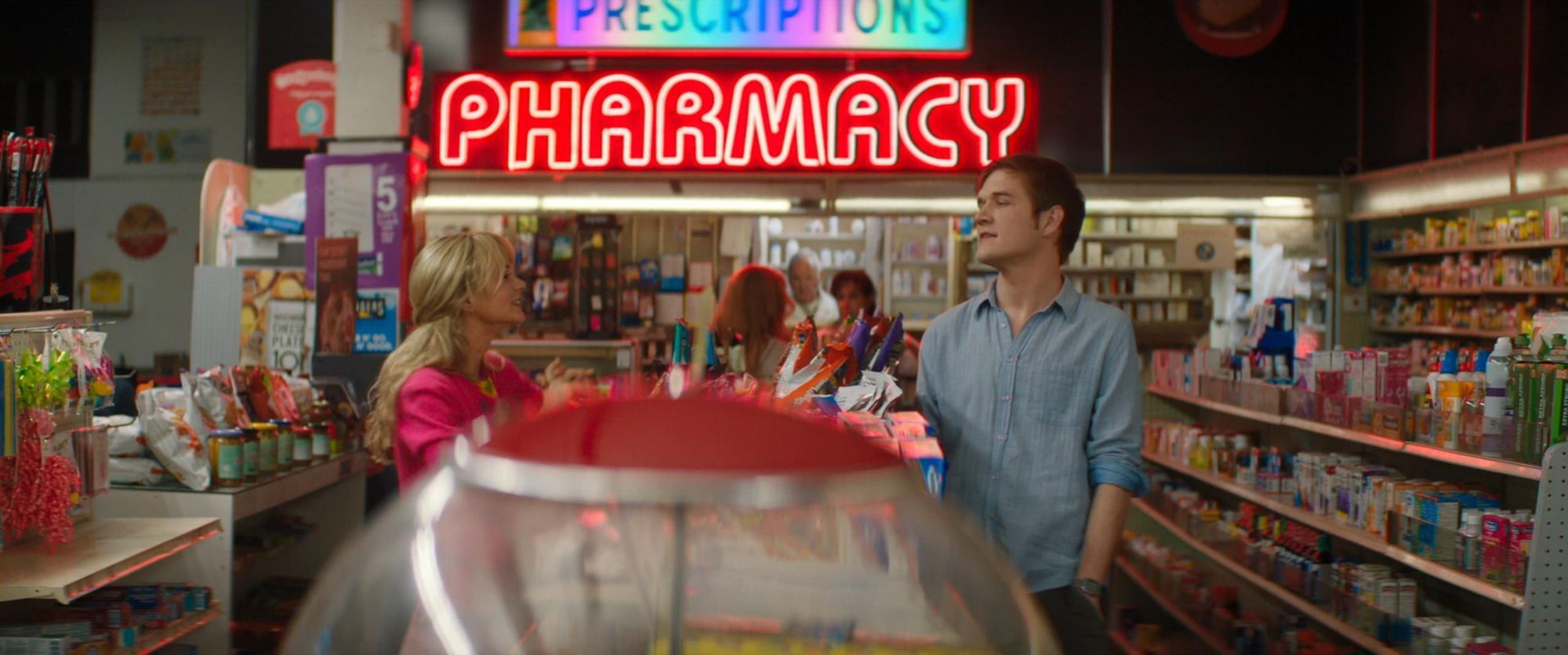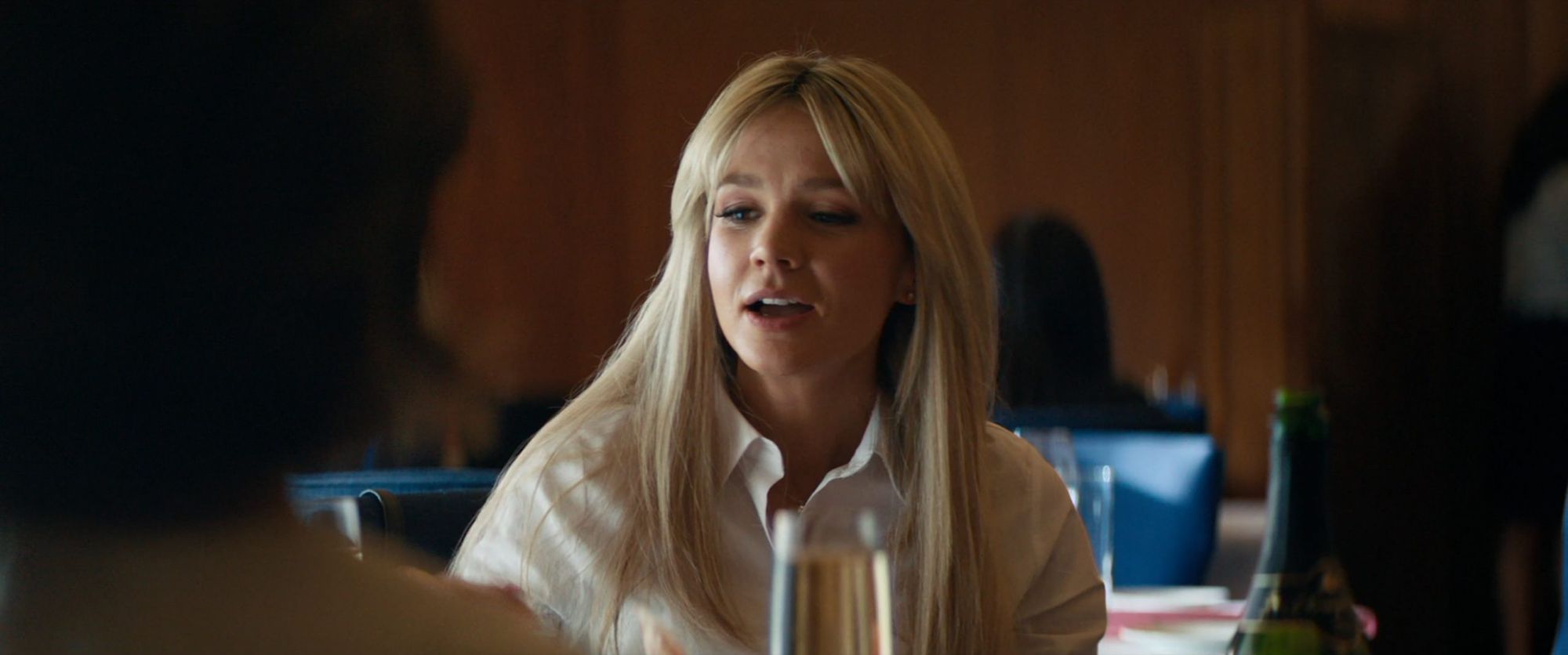Promising Young Woman (2020): A Revenge Movie With Relevance & Originality
Taking cues from the rom-com, this is a modern rape-revenge movie set apart by its incisive script and excellent lead performance.

Writer-director Emerald Fennell, in her debut feature film, delivers a modern rape-revenge movie that blends in aesthetics and narrative situations from the rom-com. The film stands out for a memorable performance by Carrey Mulligan and a sharp script that cuts into and examines aspects of sexual abuse and cultural support systems that protect abusers. In some ways bleak, it has a revenge movie plot structure and plays with rom-com conventions, making it dramatically engaging throughout.
Unexpectedly, the film could be said to walk in the footsteps of Kill Bill (2003): our heroine, Cassandra, is a wounded lone wolf with an indefatigable fighting spirit, a grudge to settle, and a list to work through. And though Carrey Mulligan's performance has its own nuance and rhythm, in flashes we see Uma Thurman vibes. The character of Cassandra is very distinct from that of The Bride, but it’s not too far a stretch to say they come from the same lineage of female warriors on the silver screen.

No comic book universe or samarai swords here, though: the story takes place in the all-too-real world, and combines its rape-revenge narrative and structure with genre cues from the rom-com, not kung fu. It’s a genre pairing that feels potent and fresh. It plays on some thin lines between conventionally “safe” rom-com situations and predatory potentials under the surface, and in moments this brings horror into the fold. Like many of the more interesting films coming out recently, it’s a genre masher.
The plot involves Cassandra simply and directly confronting individuals connected with or perpetrating abuse, and trying to fix things. It creates a kind of multi-angle view on the ways society mishandles reports of sexual abuse in the real world. Cassandra’s style of confrontation is direct and uncompromising, but not really spiteful. She is an avening angel, fearless but thirsty for justice more than for blood, and the form of her vengeance depends not just on the nature of the crime but on the remorse shown.
There is a dark edge to the character that makes her feel like she is, in some way, dead inside as a result of what she has experienced. A zombie-like quality, as if carrying out justice as a matter of principle, on righteous autopilot, but in a fatalistic way. We can surmise that her trust has been broken enough times that she has little if any left—the movie doesn’t go out of its way to give hope for that changing, either. It is an uncompromising story that aims not to flinch or pull punches, and in moments things get bleak. This will likely split audiences.
In the context of the story, the bleakness serves an important function: highlighting how crucial it is for the justice system to function correctly, and for society to help it function correctly. Victims can't do it all.

The structure of the story runs the risk of lecturing the audience and becoming too didactic, but overall a balance is maintained that keeps the viewer dramatically engaged while exploring its subject from fresh angles. It remembers to entertain. The parade of predators masquerading as “nice guys” to Cassandra every weekend, as she feigns being helplessly drunk, could also be taken as equating “nice” behaviour with predatory behaviour.
Then again maybe the point is to paint the picture that, from the perspective of some women like Cassandra, their experience of men being untrustworthy often is universal, including the “nice” ones. It might be dramatically justified to focus exclusively on negative male character types—something that has been done in reverse, where films only show negative female representations, once or twice before in the cinema without narrative cause. Clearly, the goal of the film is not to paint a pretty picture. It is uncompromising to the point of being bleak, and it knows it.
The cinematography and structure are weak points, but good enough not to get in the way. The film doesn't derive its creative originality and energy from those areas, but the areas in which it does excel more than overcome its weaknesses. Part of what makes discovering talented new filmmakers so exciting is thinking ahead to their next project. Based on this debut, there’s a lot to look forward to from Emerald Fennell.
An incisive script and the force of Carrey Mulligan’s sharp, unwavering performance make this a social statement with impact, originality, and relevance. It's also a debut feature with cult classic potential.

James Lanternman writes movie reviews, essays, and moonlit thoughts. You can reach him at [email protected].
Previously… Life is Suffering, So Choose It
